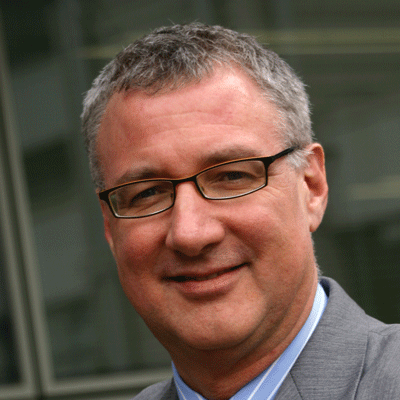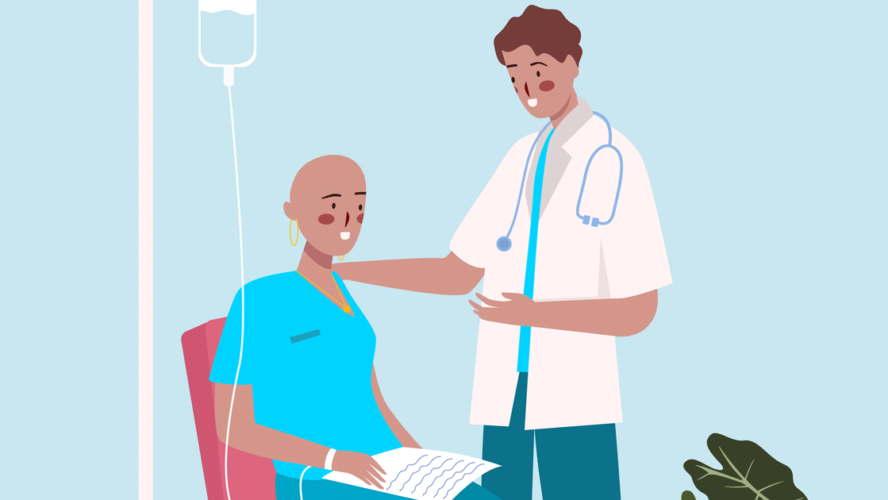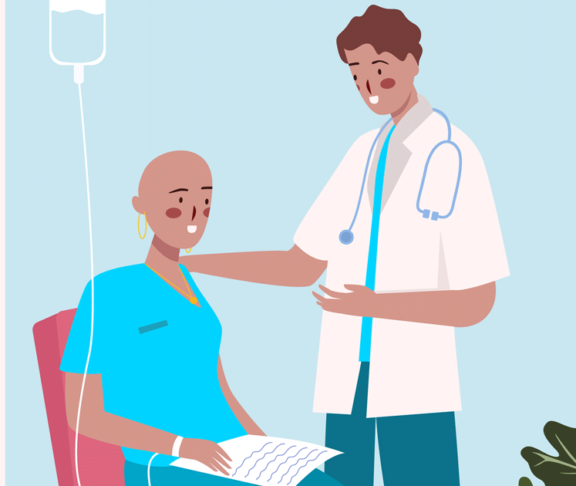
Professor John Crown
Consultant Medical Oncologist, St Vincent’s Hospital
The fight against cancer in Ireland has gained some significant ground in recent years, but there is still plenty to be done to reform the system.
With over 30 years’ experience, Professor John Crown, Consultant Medical Oncologist, St Vincent’s Hospital, says there have been extraordinary changes and improvements in cancer treatment as a result of global research efforts. Among the results are substantial reductions in breast cancer mortality rates, particularly the HER2-positive form.
“I believe that is virtually entirely due to better treatments, rather than screening,” Professor Crown says. “I’m proud to say we’ve done a lot of research on this at St Vincent’s and in the research organisation formerly called the Irish Cooperative and Oncology Research Group (ICORG).”
Progress in immunotherapy
One of the biggest surprises is the success of immunotherapy, according to Professor Crown. “There have been extraordinary advances in the understanding of how the immune system interacts with cancer and how it can be changed.”
Overall, breakthroughs in the fight against cancer in recent decades have been striking, Crown says. “I’m very grateful that I’ve lived and practiced long enough to see the extraordinary changes in improvements in cancer treatment which have occurred as a result of worldwide methodical research efforts.”
I’m very grateful that I’ve lived and practiced long enough to see the extraordinary changes in improvements in cancer treatment.
Putting changes into action
However, progress is slower on some forms of cancer, including pancreatic and prostate. Professor Crown voices concern over the Irish health system’s ability to put some findings into action.
“There have been clear data showing CT screening scans for smokers and former smokers can dramatically reduce the chance of dying of lung cancer,” he explains. “It’s really promising, but we’re desperately badly set up to deal with it. In a country where you can be waiting six months to get a CT scan when you’re sick, how can we do screenings? Do we have enough radiologists and pathologists to read the tests? Do we have enough lung physicians and surgeons to do the follow up tests?
“We’re really behind the ball on this, and it will continue to fester until we fix the health service. All we’re doing at the minute is playing Whack-a-Mole.”



